Price policies stun investors
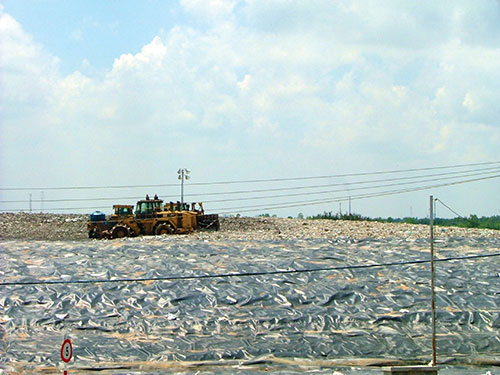
Energy innovators are hesitant to enter the market as fixed prices make it difficult to recoup investmentPhoto: Le Toan
Nguyen Duc Cuong, head of the Ministry of Industry and Trade’s Institute of Energy, said that although Vietnam had potential for developing the renewable power energy, it still lacks incentive policies to attract investors in this field.
Meanwhile, a major obstacle for investors considering waste-to-power plants is the low selling price of electricity. Under the local rules, private power producers have to negotiate with state-owned Electricity of Vietnam (EVN), the country’s sole power distributor, over the average selling price of 7.8 US cents/kWh, the same as those who are interested in wind power projects.
Cuong told VIR that there was not a detailed framework for waste-to-power generation projects in Vietnam.
Yoshioka Toru, director of Hitachi Zosen said that the investment in waste-to-power generation plants was very high and investors would deal with very small margins if they built wind power plants in Vietnam due to the low selling price of electricity.
Hitachi Zosen and state-run Hanoi Urban Environment Company are co-building the first waste-to-power generation plant using Japanese official development assistance fund in Vietnam. It is located in Hanoi’s Soc Son district.
The plant is scheduled to become operational in 2014 with the capacity to treat 75 tonnes of waste, or 30 per cent of Hanoi’s industrial waste, daily. The plant would use advanced technologies from Japan and the subsequent energy produced would be harnessed to generate power for about 4,500 households and a neighbouring industrial park.
Ho Chi Minh City is also calling for investments in modern waste treatment technology, particularly garbage incineration for power generation.
Australia’s Trisun International Development last year announced an investment fund of $400 million in the construction of a waste-to-power facility in Ho Chi Minh City. However, the biggest obstacle this project faced was the proposed sale rate of 12 cents per kWh, which is much higher than the 7.8 cents per kWh level EVN may offer. Therefore the project has not yet made it off paper.
David Duong, general director of Vietnam Waste Solutions, the developer of a $400 million waste-to-power complex in Ho Chi Minh City, said that one reason for the delay of waste-to-power plants in Vietnam was power selling price negotiations.
Duong said his firm had suggested a selling price of 9.5 US cents per kWh, equal to the cost of production, but the bid price was only 7.5 per kWh.
Nguyen Trung Viet, head of Ho Chi Minh City Department of Natural Resources and Environment’s Solid Waste Management Office shared in a recent waste treatment forum in Ho Chi Minh City that several waste-to-power projects were approved in the second city four or five years ago, but the investors had since delayed their implementation.
Citing International Energy and Environment Company (IEE) as an example, Viet said the US investor was granted an investment certificate for a waste-to-energy project with a daily capacity of 1,000 tonnes five years ago. However, the project is static due to financial distress.
Meanwhile, the local firm Tam Sinh Nghia several years ago asked for permission to carry out a waste-to-power project with the processing capacity of 2,000 tonnes per day. The project, however, has not yet to take off the ground.
What the stars mean:
★ Poor ★ ★ Promising ★★★ Good ★★★★ Very good ★★★★★ Exceptional
Latest News
More News
- Negotiations over payment agreement for LNG power stuck in deadlock (April 23, 2024 | 18:02)
- Masan completes $250-million equity raise from Bain Capital (April 23, 2024 | 17:37)
- Amata City Ha Long marks six years of development (April 23, 2024 | 17:00)
- Taiwan's Giant Group to build $120 million bicycle factory in Binh Duong (April 23, 2024 | 15:02)
- Nvidia delegation to explore opportunities in Vietnam (April 23, 2024 | 08:30)
- China's BOE builds $275 million electronics factory in Ba Ria-Vung Tau (April 22, 2024 | 10:44)
- Suntory PepsiCo breaks ground on its largest Asia-Pacific plant in Vietnam (April 22, 2024 | 08:53)
- New Hope ceases Binh Dinh pig-breeding project (April 19, 2024 | 18:34)
- Localities get ready for fourth FDI boom (April 19, 2024 | 16:41)
- Japanese retailer Takashimaya to advance project in Hanoi (April 19, 2024 | 11:31)

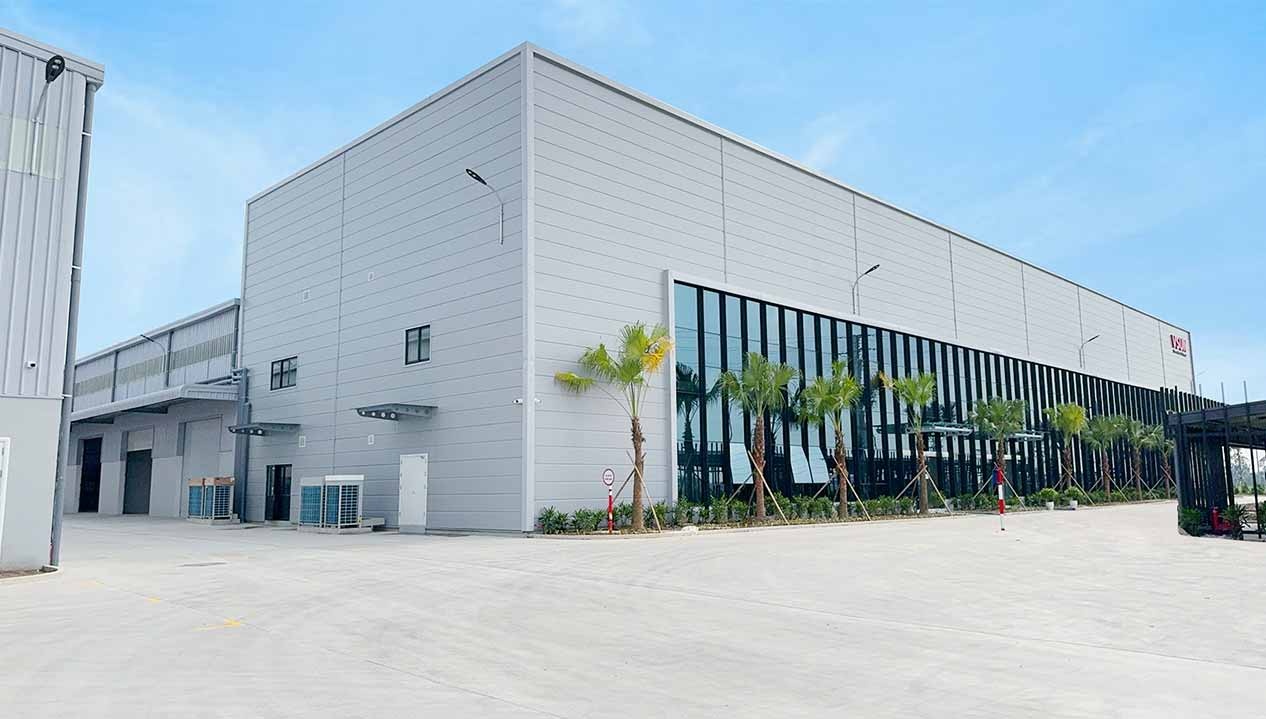
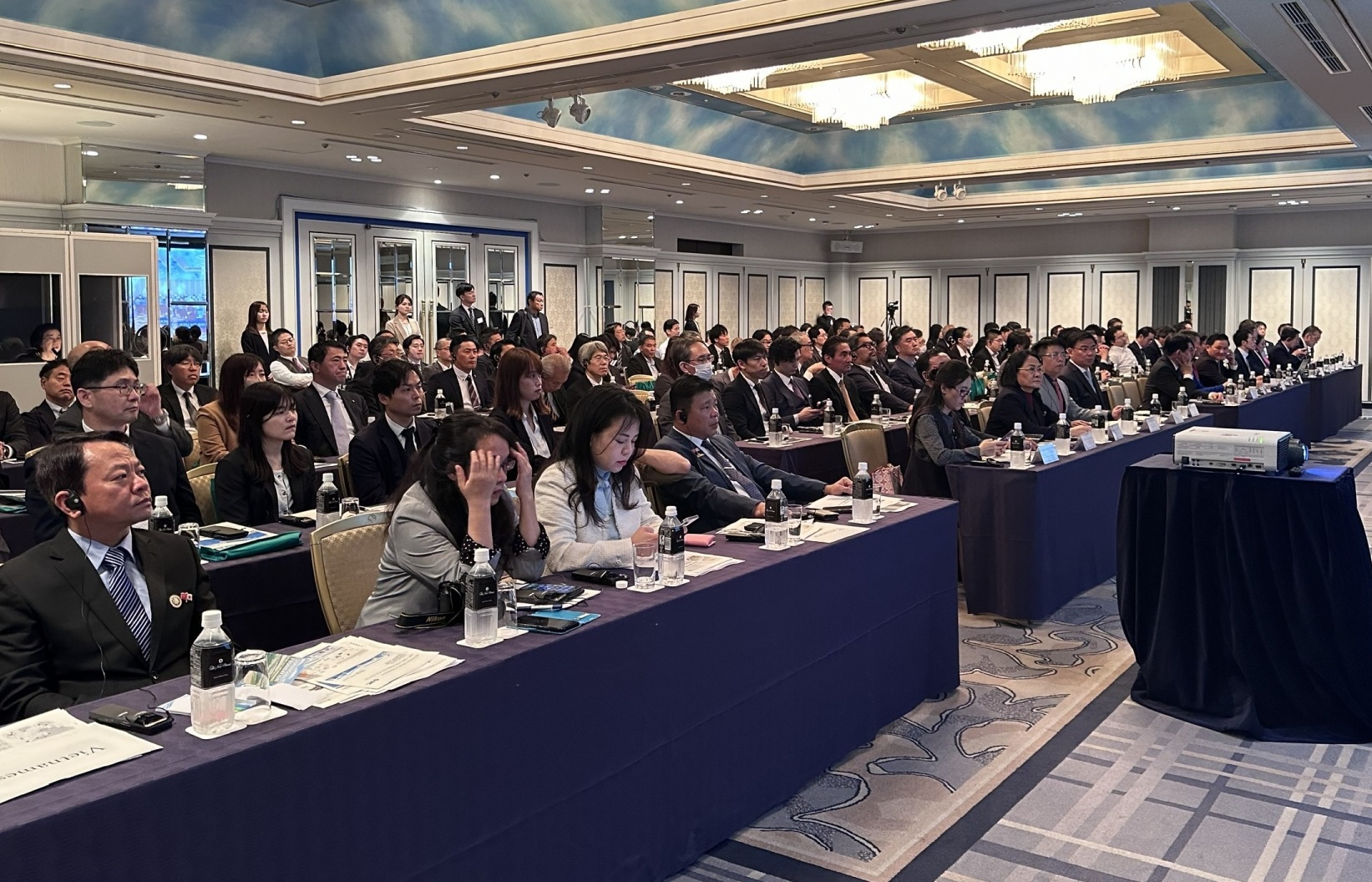
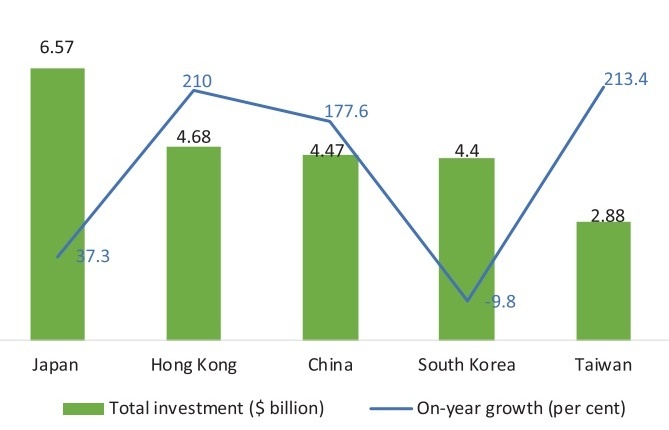
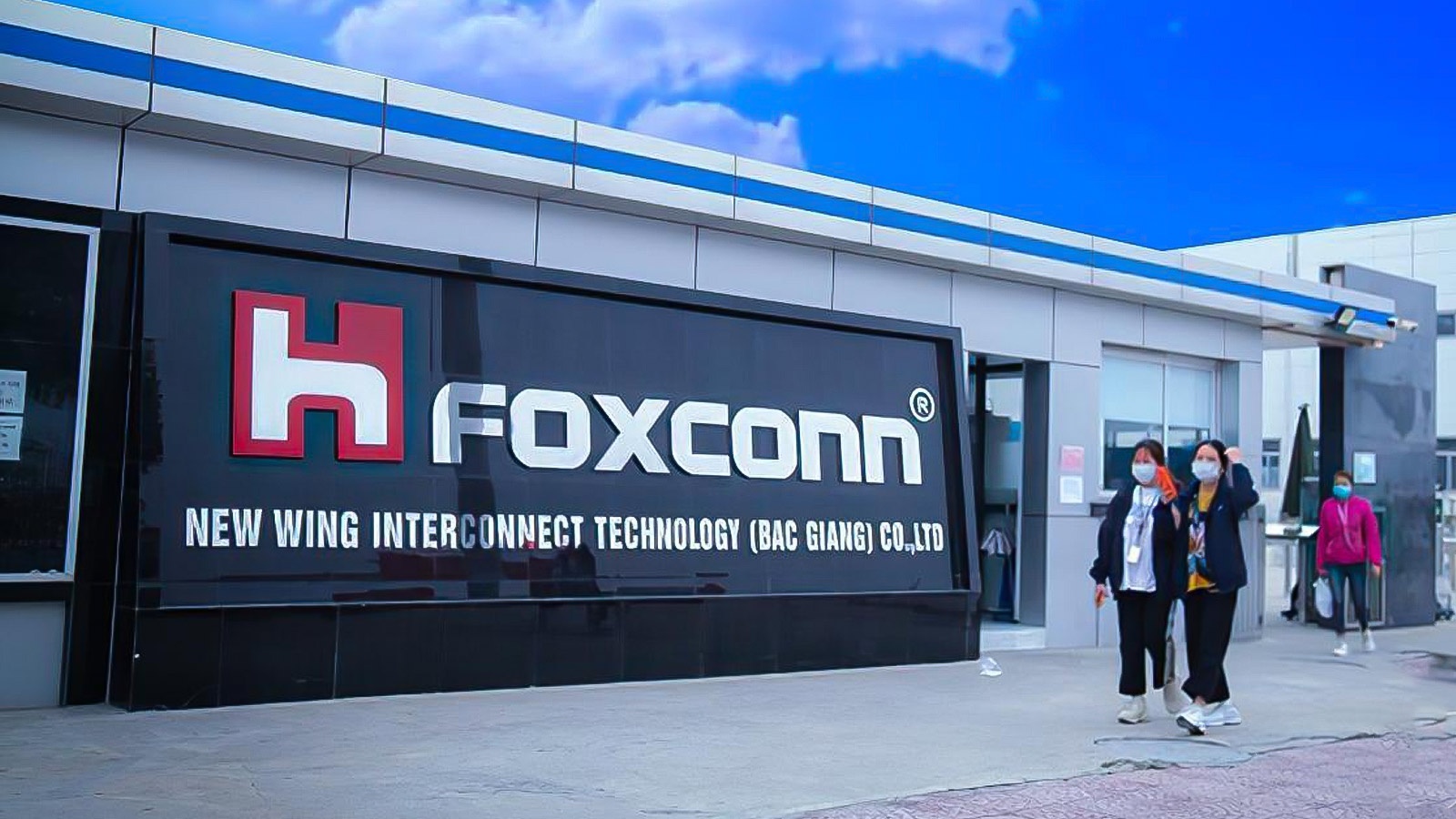
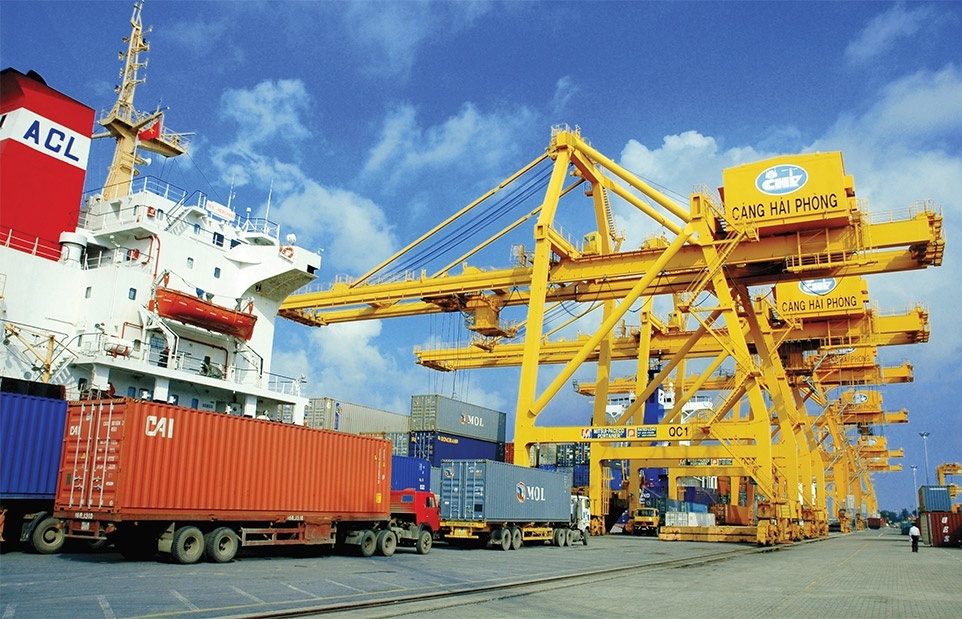
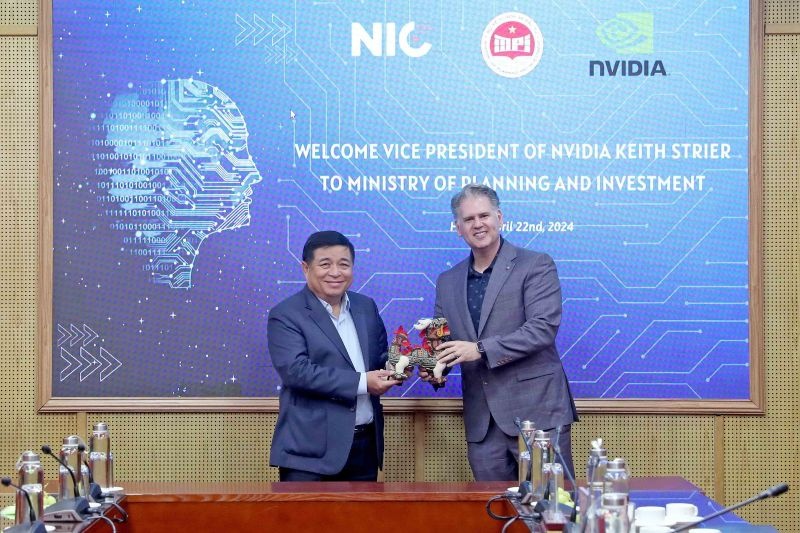


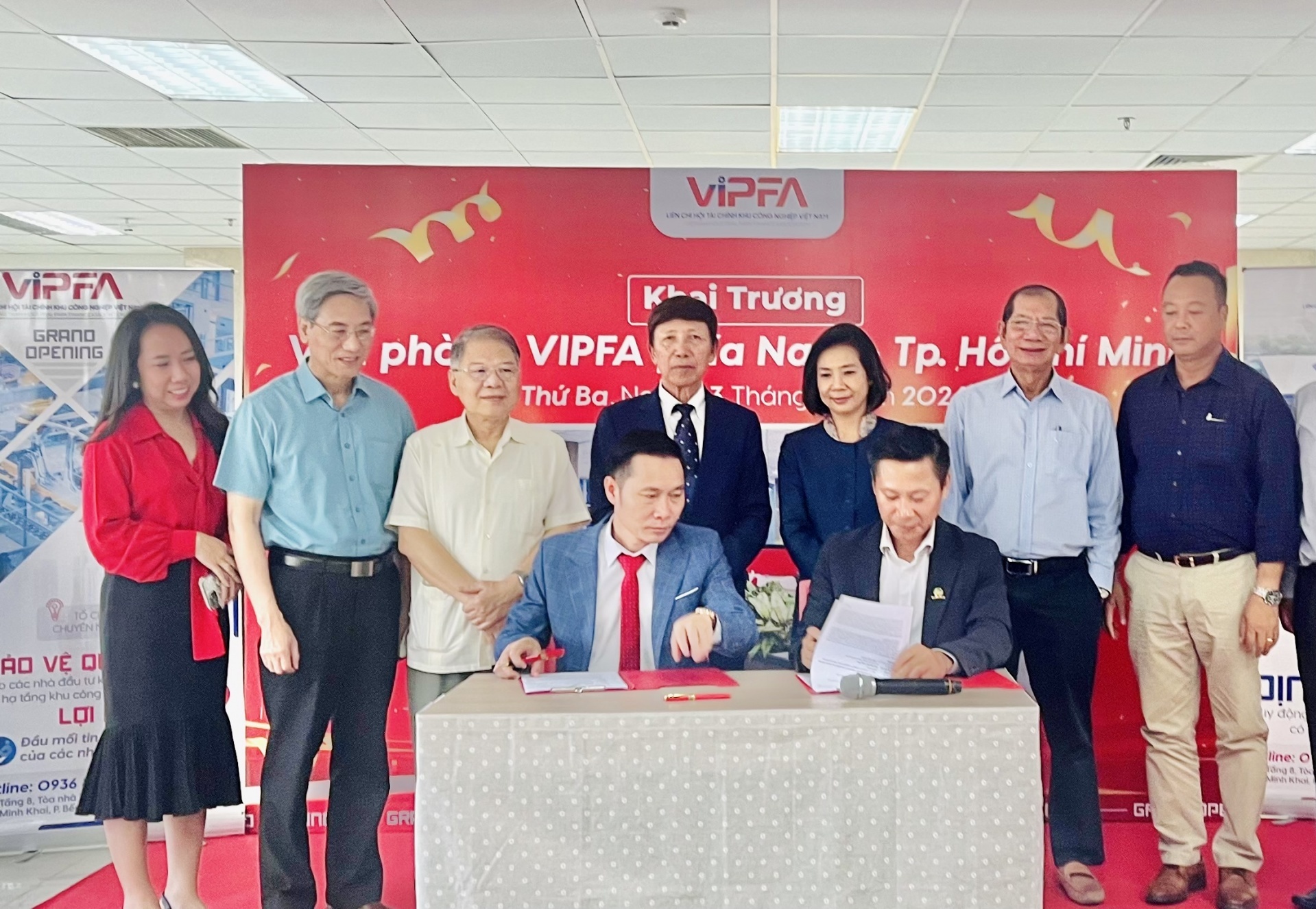
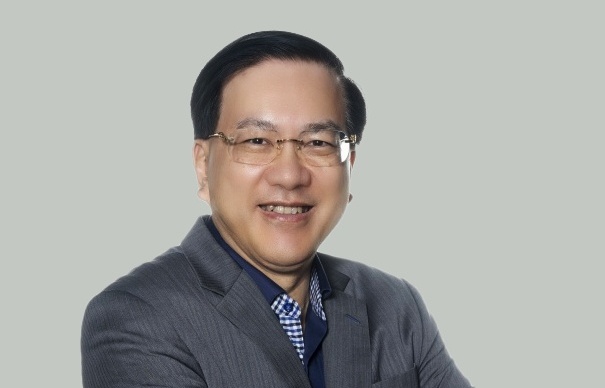
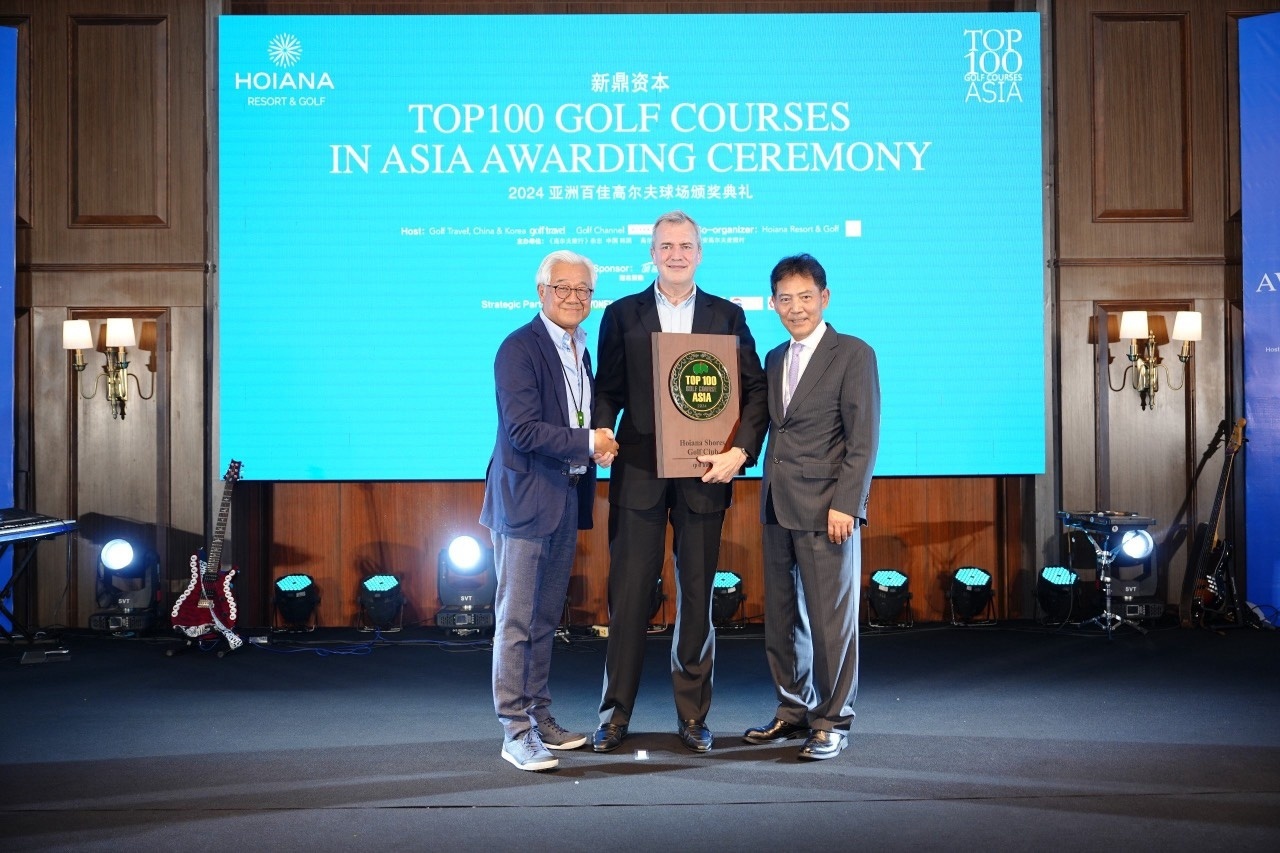
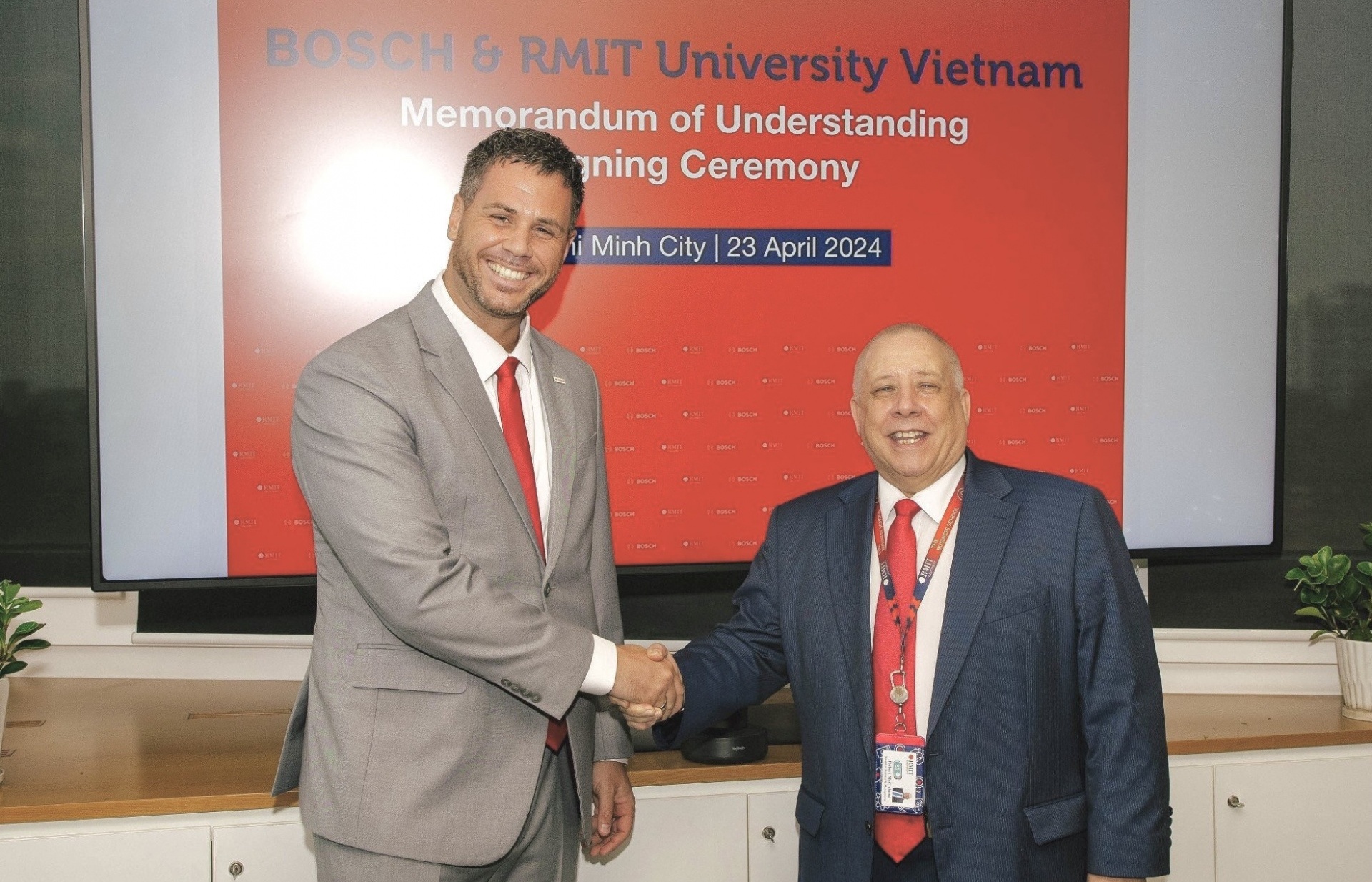



 Mobile Version
Mobile Version